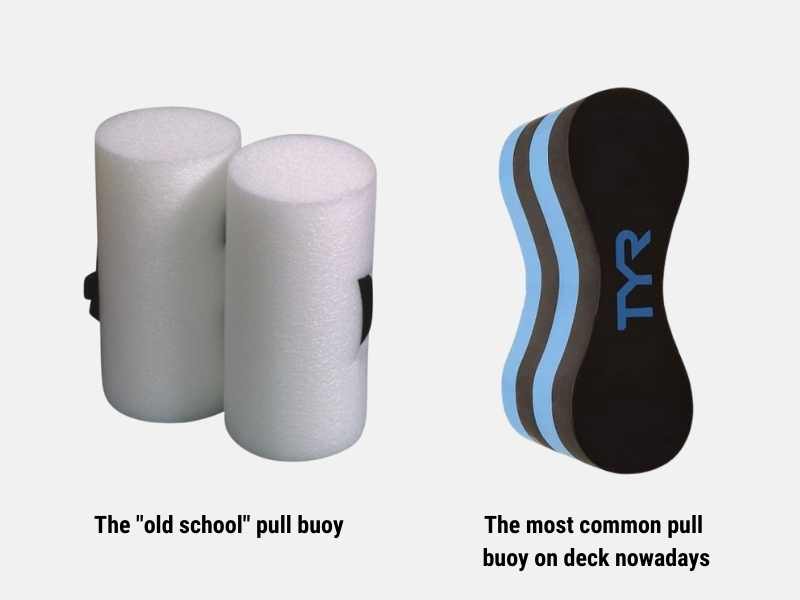twcronin wrote:
ericmulk wrote:
csb146 wrote:
Just out of curiosity, given all things equal do you see a pace difference between salt and fresh water? I've heard differing things. I train in fresh water and almost always race is salt water, but I'm rarely training in a wetsuit and I'm always slowing in fresh water. Also, I just try harder on race day so my pace is faster. So given all things equal is there a pace difference from salt to fresh water?
I think there are too many variables in open water swimming to be able to detect any difference. Personally, despite having raced in the ocean numerous times, I never even knew that salt water makes you slightly more buoyant until I read it here on ST. The diff is quite small though, much less than a pull buoy or wetsuit. The only way to say for sure would be to have a salt water pool and freshwater pool right next to each other and swim equal efforts for say 500 yds in each. I would guess the diff to be maybe 1 sec/100 yds at most. YMMV.
The diff in buoyancy in going from
freshwater to seawater is not *super* small relative to adding a pull buoy or wetsuit, though it is somewhat smaller.
Remember that the buoyant force is equal to the weight of the didplaced fluid. At 9”x6”x4” a pull buoy displaces about 0.12 cuft and thus has a buoyancy of ~7.5 lb (fresh water has a density of ~62 lb/cuft). A wetsuit averaging 3mm thickness with 1.5 m^2 of area will displace about 10 lb of water and thus have a buoyancy of 10 lb.
Seawater has a density about 2.5% greater than that of freshwater. A full swimmer’s weight is supported by the displaced weight of fresh water, so the buoyant force of changing the displaced fluid to saltwater is about 2.5% of the weight of the swimmer, or perhaps 4 lb for a lean male triathlete.
So this is pretty non-negligible - and has a nice uniform distribution over the body. But it’s probably counteracted in terms of real-world swim speeds by the effects of waves and currents, which can easily decrease your swim speed by much more than 4lb buoyancy gain increases your speed…
So, I finally took the time to measure my pull buoy and do the geometric calculations to approximate its volume. My PB is shaped like the Tyr PB on the right below:

As the text says, the shape of the Tyr PB is the most common on the pool deck now. Since it is an odd shape, I approximated its area by using the area of two circles representing each end of the PB, plus a rectangle in the middle, to calculate area, then multiplied by the "height" of the PB to get the approx total volume. In summary, my PB came out at 0.083 Ft3 or about 5.1 lbs of water displaced. So just about 1 lb more buoyancy than the seawater in your calculations above. However, due to waves/surf, I've never felt like I was using a small PB in the ocean. Maybe some day I'll swim in a very calm bay and feel the extra buoyancy. :)
"Anyone can be who they want to be IF they have the HUNGER and the DRIVE."
